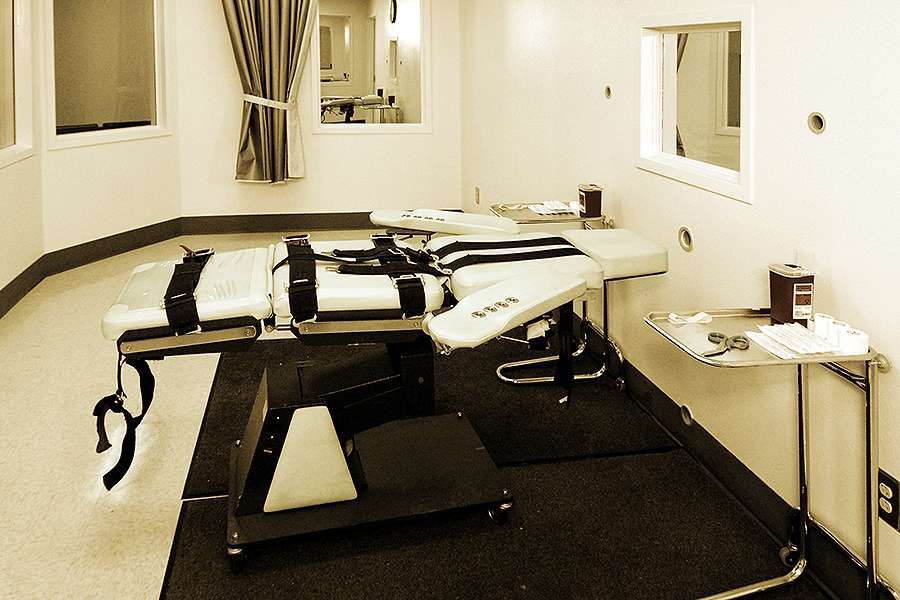Austin, Texas, Oct 10, 2016 / 04:44 pm (CNA/EWTN News).- The abolition of the death penalty is “undeniably a pro-life issue” that would better serve society and lead criminals to penitence, the Texas bishops have said.
“Our call to abolish the death penalty is not a call to deny justice. On the contrary, it is a call to the whole community to recognize that the death penalty does not fulfill justice, nor does it console the inconsolable,” the Texas Catholic Conference of Bishops said Oct. 10.
“Capital punishment vitiates our hearts’ capacity for mercy and love.” In their statement, the bishops said the death penalty is disproportionately used on the poor, racial minorities, the vulnerable, people with limited mental capacity, and those who cannot afford an adequate legal defense.
“These realities contribute to a callous disregard for the dignity of human life. The death penalty negatively influences our children’s moral formation and our culture as it fails to allow for mercy and redemption.”
The bishops also had a warning: “innocent people are killed by the government on our behalf.” At least 23 known innocent people have been executed since 2000. Public resources that are dedicated to defending the death penalty could be better spent elsewhere, the bishops continued. Citing the Death Penalty Information Center, they said the cost to house a prisoner for a life sentence is 33 percent the costs of legal appeals for a death row prisoner.
Texas has executed 538 people since 1976, according to the Death Penalty Information Center. It has carried out the most executions in any U.S. state. Oklahoma has performed the second-most executions since 1976, with 112 uses of the death penalty.
The Texas bishops reflected on crime and punishment. “Due process for the accused, the incarceration of the guilty, and the protection of the community serve justice and mercy,” they said. “As a Church, we strive to walk with those who have time to repent,” they said, stressing the importance of prison ministry.
The bishops also spoke about crime victims. “As a Church we accompany our brothers and sisters, children, parents and loved ones as we see them suffer from the heinous and violent actions of others,” they said. “Only God can console them, yet we offer what comfort we can with our presence and prayer. The healing that comes from forgiveness has been a powerful force in the lives of many families who have experienced violence.”
The Texas bishops spoke of the death penalty in the context of the U.S. Catholic Church’s Respect Life Month: “During this time, we pray and reflect on the precious gift of life and recommit ourselves to working toward a culture that truly welcomes and protects human life in our society, from conception to natural death.”
For these bishops, Saint John Paul II’s 1995 encyclical “Evangelium Vitae” is a guide. It said that the conditions for legitimate death penalty use are “very rare, if not practically non-existent.” They also cited Pope Francis’ October 2014 statement to an international gathering of lawyers: “it is impossible to imagine that states today cannot make use of another means than capital punishment to defend people’s lives from an unjust aggressor.”
The Catechism of the Catholic Church teaches that non-lethal efforts to preserve public order are better in keeping with the common good and the dignity of the human person. Furthermore, the catechism does not recognize deterrence as a justification for the death penalty, the bishops said. Crime statistics comparisons with other states without the death penalty appear to show Texas’ death penalty is not an effective deterrent. The message of Texas’ bishops coincided with a message from Pope Francis. On Oct. 10, he tweeted against the death penalty, saying “punishment should necessarily include hope!”

